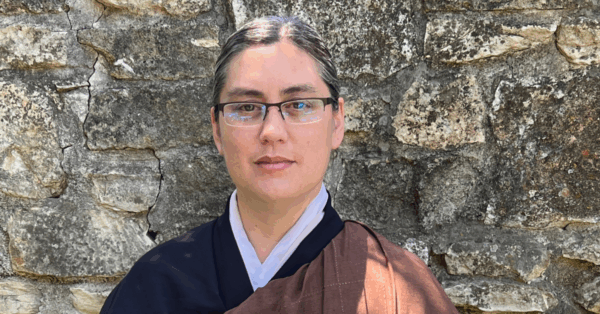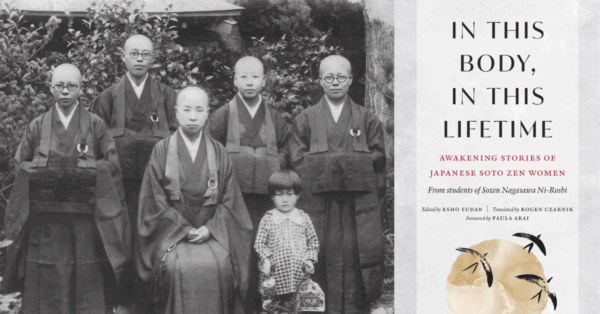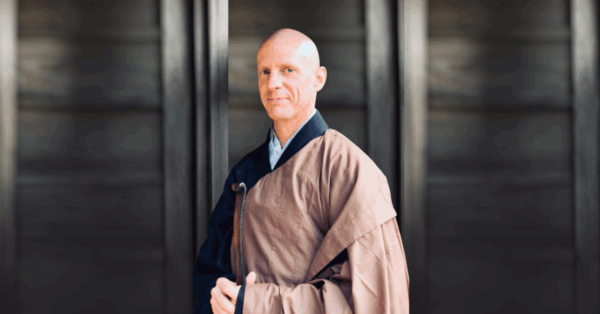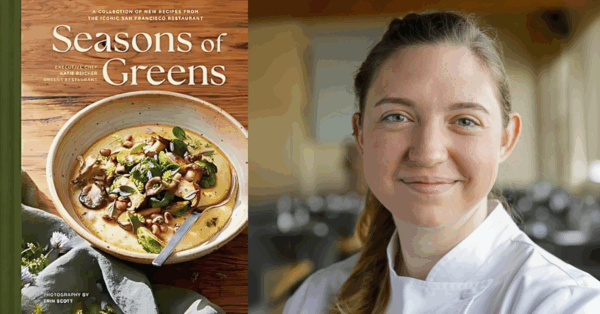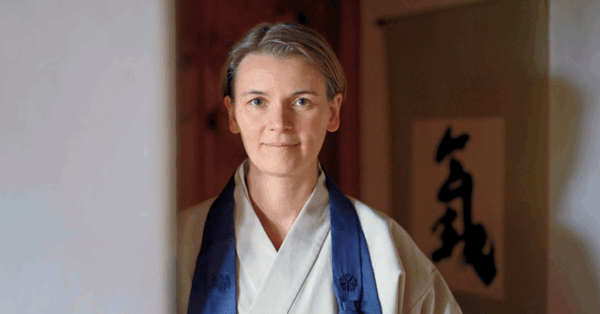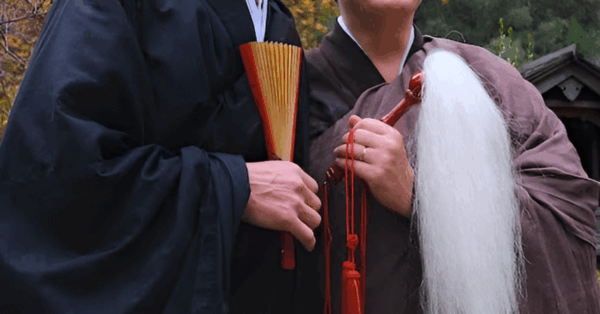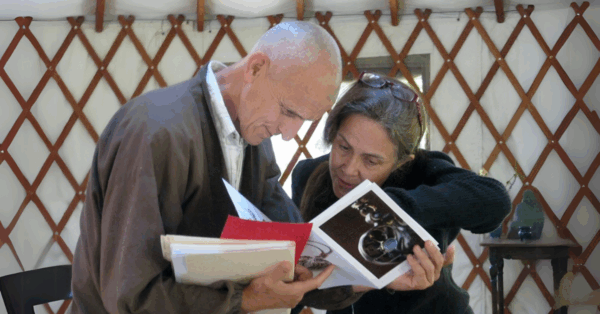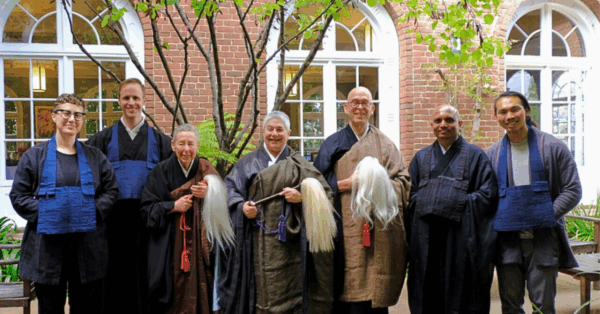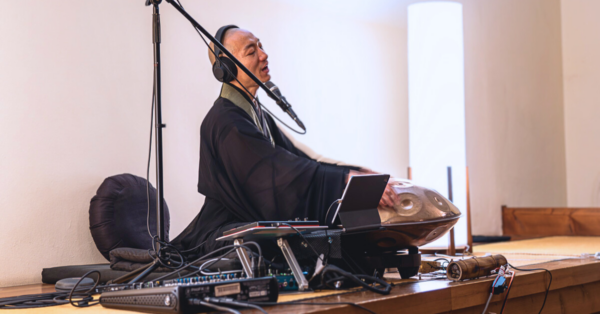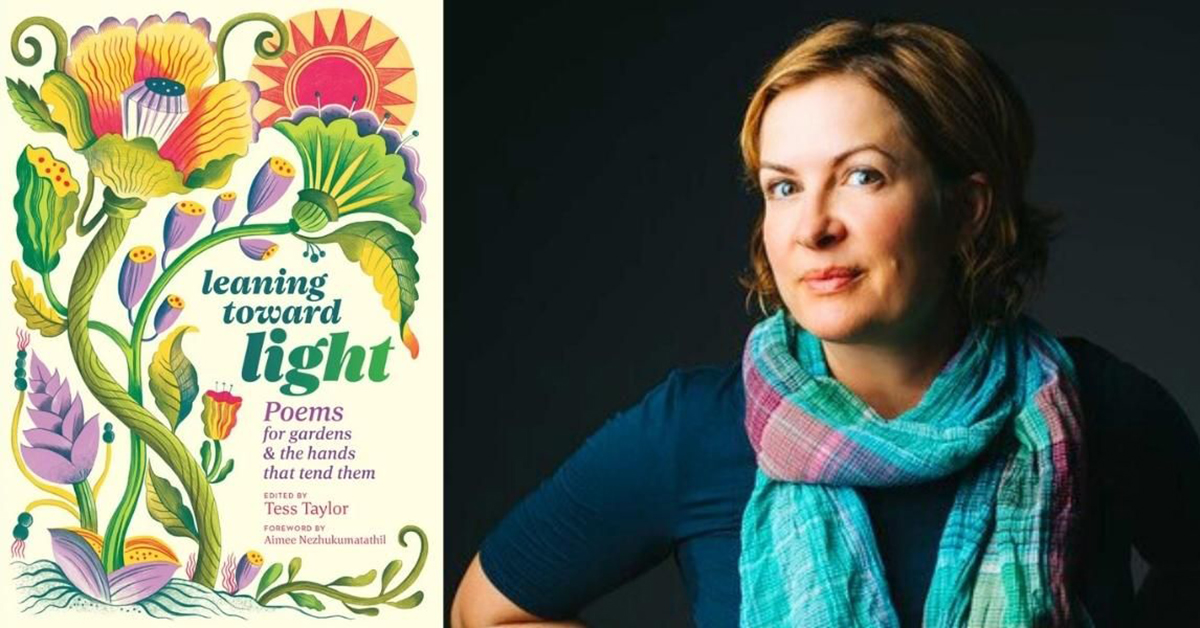
Leaning Toward Light – A Poetic Embrace of Nature
(Register on the event page to receive the Zoom link.)
Thursday, November 9
6 – 7 pm PT, Online
Hosted by Norman Fischer and Tess Taylor
San Francisco Zen Center invites you to an online reading in celebration of Leaning Toward Light: Poems for Gardens & the Hands That Tend Them, edited by Tess Taylor. This beautiful poetry anthology offers a warm, inviting selection of poems from a wide range of voices that speak to the collective urge to grow, tend, and heal—an evocative celebration of our connection to the green world. This event is offered free of charge; register to receive the Zoom link. Please consider making a donation to support the San Francisco Zen Center and to continue to make events like this possible.
Norman Fischer and Tess Taylor will be joined by Mark Doty, Jane Hirshfield, Naomi Shihab Nye, Genine Lentine, and Brynn Saito in reading from the anthology.
Recently, Genine Lentine spoke with Tess Taylor on the occasion of this upcoming reading. Following are some excerpts from their conversation.
On Zen practice and meditation
Something I appreciate in Zen practice is how it calls us back to a patient steadiness of action, where we are taking delight in the things of the day, in noticing the day and what it needs.
This morning, I took the bowl of water that collects under the outdoor sink and poured it on the fig tree. We emptied the wheelbarrow of hay and put it out for the chickens, and the chickens were happy to have new hay. We got rid of the tarp that the rats had chewed. And I watered the tomatoes on the side of the house. That was ten minutes of my morning, but it was the most lovely time to just salute the things around me that are of this world.
What does this kind of practice do? Seamus Heaney once said, “No poem will ever stop a tank.” But in the space where we have the poem, or the practice, say, there’s an opportunity for change, for rerouting. We do have a lot of terrifying tanks barging down on our lives. And sometimes it feels that all the space we have to reroute is very small. Five minutes, say, or ten. Or a few breaths. But maybe in those minutes, or those breaths, in poems or stillness, we can find some practice that can center our hearts for the work of the day and remind us of being on the earth together with others. These small shifts can be fundamentally some of the most important work we can do.
I find this rerouting in Zen, too. I’m grateful to the Zen teachers for that wisdom. The beauty of this book of gardening poems seems to be its cross-pollinations among people who are thinking about the nature of hope in a difficult time. I’m very much looking forward to this reading at San Francisco Zen Center.
On Launching Leaning Toward Light
To a one, these events have felt luminous, punctuated by extraordinary moments. This book is about the importance of poems, of gardens, of these small, nutrient-rich places in a fragile world.
What’s been wonderful on this tour is that the audiences are also people committed to repair and to active forms of hope. One of the readings was at the Princeton Farminary, an ecological seminary at Princeton, where they teach theological education while people work on a farm. So you can read The Book of Job and discuss it while turning the compost heap! I met so many people who have tender, beautiful commitments to stewarding the world.
And of course this brings to mind Green Gulch Farm, a place I love, and where I have spent some happy hours.
On art-making and gardening as “stewarding the forces available to you”
When you are making art, you are stewarding the forces available to you, and responsive to what the life force makes available to you in a moment, being open to the gifts a moment can provide. Gardening and poetry share congruence in that way.
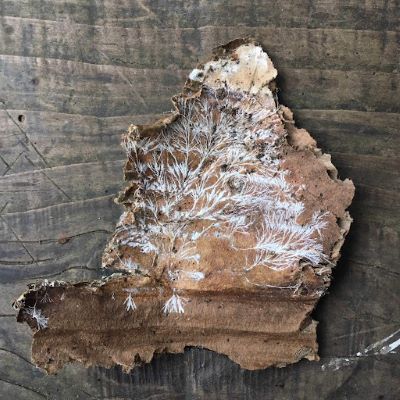 When I see this beautiful piece of cardboard covered in etching and mushroom, I think to myself that if I were to find it at a moment turning the compost, I might find a little song in my heart. I would step aside from the compost heap, and write a poem for the beautiful patterning of the mushroom on the cardboard. It might not even be a full poem, but it might be a little ta-ta-tee from the heart, and who knows, maybe it would weave its way into the network of my dreams and poem languages. As importantly, I’d have responded to my heart leaping at an unexpected excavation, and I’d have excavated myself and my song too.
When I see this beautiful piece of cardboard covered in etching and mushroom, I think to myself that if I were to find it at a moment turning the compost, I might find a little song in my heart. I would step aside from the compost heap, and write a poem for the beautiful patterning of the mushroom on the cardboard. It might not even be a full poem, but it might be a little ta-ta-tee from the heart, and who knows, maybe it would weave its way into the network of my dreams and poem languages. As importantly, I’d have responded to my heart leaping at an unexpected excavation, and I’d have excavated myself and my song too.
Art-making is responsiveness, gardening is also responsiveness. We do our practice but we also prepare ourselves to be curious, to be surprised. Art is a chance to savor these surprises.
“To Play amid Vines”
Ah yes, being lost in vines! I was just out picking blackberries and feeling that kind of fractal infinity that can happen when you’re absorbed in the plant. My kids love it too.
This kind of getting lost in plants is vital. It is a deep piece of our instinct, our inheritance. Children absolutely need to have some time to learn the joy of plants and food. To play amid vines, to have a connection with the whole plant and its cycle. That’s one of the things that we need to be more mindful to give them—not so many screens, more plants, more stewarding.
This season I did an event to raise funds for Edible Schoolyard. I am a huge believer in Edible Schoolyards. Many schools now have some place that’s a little bit greener than just concrete to give kids an opportunity to smell and touch and feel these wonderful food plants and connect to our old agrarian roots and food ways.
As for community gardens: in my ideal world, these gardens would be a national priority. Every town would have abundant community green spaces. There’s a huge potential there for pollinator repair, for habitat repair, for carbon sequestration, and for community repair.
People learn important figures for life in gardens. They learn patience and grace and life and death and regrowth. They learn tending.
Gardens help us to know our inner seasons. In the garden anthology, there are seasons for growing and planting but there are also seasons for reverie and grief. Poems and gardens both allow us that kind of space.
“I dwell in possibility, a fairer world than prose.” That was Emily Dickinson who said that. “If you build it, they will come”—that is from the film “Field of Dreams,” but it’s true for pollinator repair spaces and salmon runs and wetlands restoration and human community, too. Gardens and poems enlarge our sense of the possible, our sense of imagination, our sense of seeing how much beauty we can help steward into being, with just a bit of practice, and mindfulness, and song.


